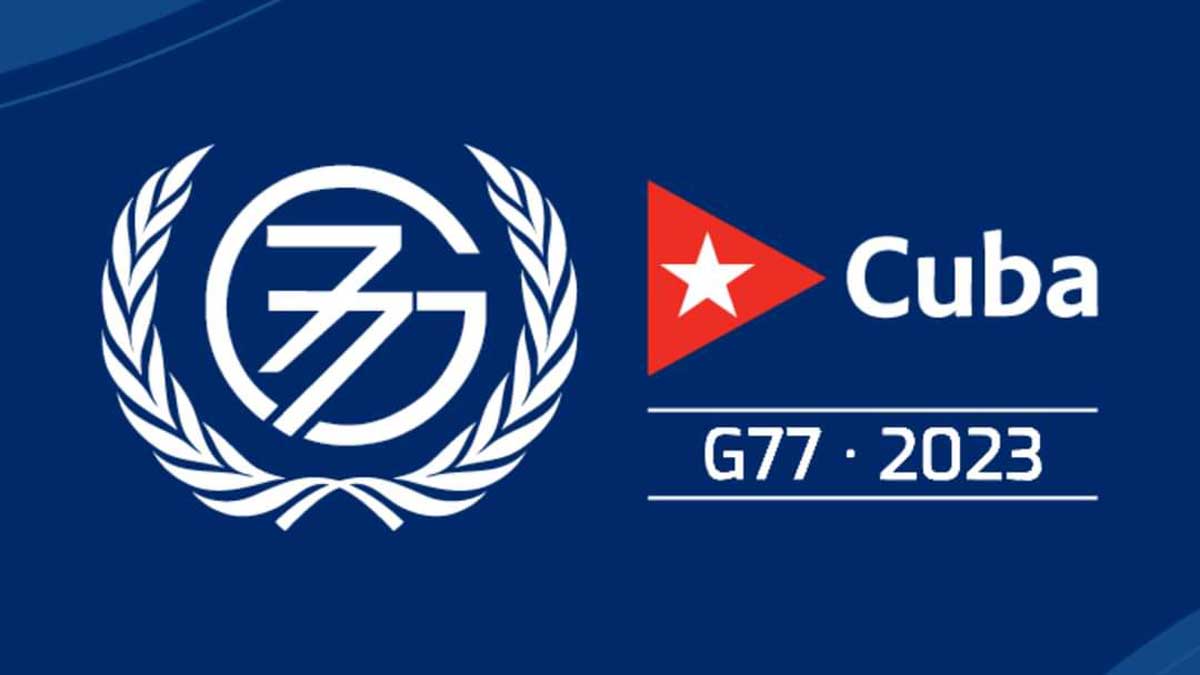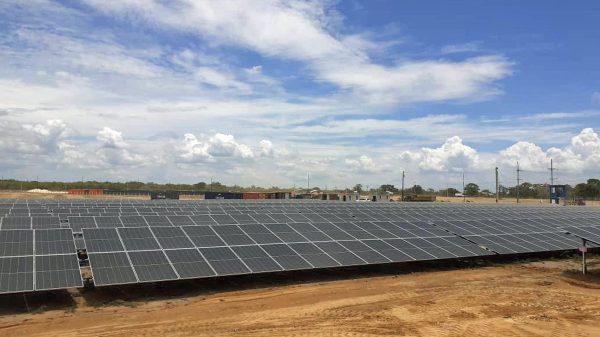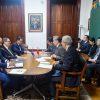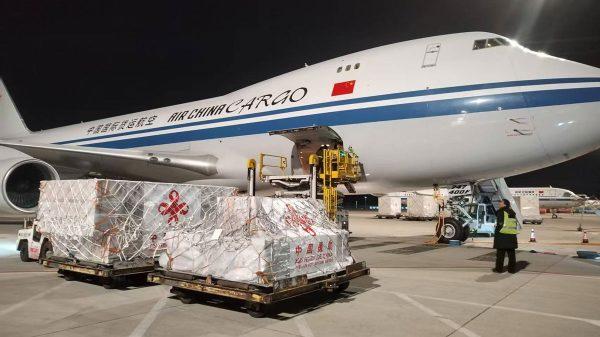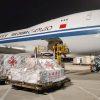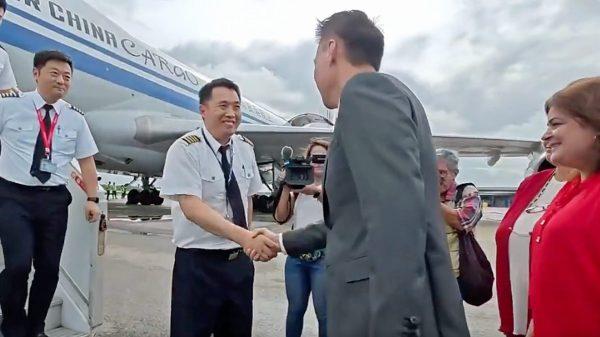While every meeting of the Group of 77 (G77) plus China is historic in itself, the Havana Summit “will be even more so because of the context in which it is taking place,” said Cuban academic José Ramón Cabañas, director of the Center for International Policy Research.
“This is the biggest summit we will have after the recovery of COVID-19. The pandemic transformed, in a way, the modes of association between nations,” Cabañas said.
Referring to China’s role within the G77, he described it as “strategic”, and highlighted the Asian country’s active participation in other organizations and projects that seek to promote South-South cooperation.
“China’s contribution to the group is very large, it is a country that is sharing what it has with others, even with nations with a completely different approach in political terms and that itself has developed important initiatives in pursuit of underdeveloped countries,” he said.
He also stressed that the consensus achieved in the draft final declaration of the meeting, which was debated and revised for seven months, “indicates by itself” the leadership capacity shown by Cuban diplomacy, on behalf of its people and authorities.
“In this Summit we will have all 134 member countries attending the plenary session, sitting at the same time in the same room, but there will also be bilateral talks and many groupings will take the opportunity to reach agreements on issues of interest,” he explained.
The researcher highlighted that in the draft declaration to be approved in Havana, there is a significant reference to “guarantee an ethical, reliable and more equitable development, access and use of artificial intelligence”.
“I think it is the first time that the group talks so comprehensively about the significance of technology, science and innovation, in terms of trying to close the gap we have between the so-called first nations and the underdeveloped world,” the expert considered.
He celebrated the fact that in the summit’s draft final declaration “there is not a single idea” that implies the preponderance of one of the group’s members over the rest.
“The nine pages of common points are full of references to ‘acting together’, ‘global solidarity’, ‘international cooperation’, ‘benefit for all’, there is no single country that is seen as the paradigm, or the example to be imitated by the others,” he explained.
The entire Group, he continued, is against unilateral sanctions, particularly those applied by the United States against underdeveloped countries.
“This is not only a show of solidarity towards Cuba, but also a recognition of the legacy of the Caribbean island’s diplomacy,” he acknowledged.
Cuba assumed for the first time last January the pro tempore presidency of the G77 plus China, a negotiating bloc representing developing countries and comprising 80 percent of the world’s population.
“In Havana, once again, we convene and welcome, we discuss and agree, we offer and receive solidarity, we listen and propose on an equal footing, we respect and defend sovereignty. This is the only way to dream and build a better future”, concluded the interviewee.
This interview was first published by XINHUANET.com, Spanish edition. It is republished by permission and has been translated by Cuba Business Report.

From our staff writers and editors.






